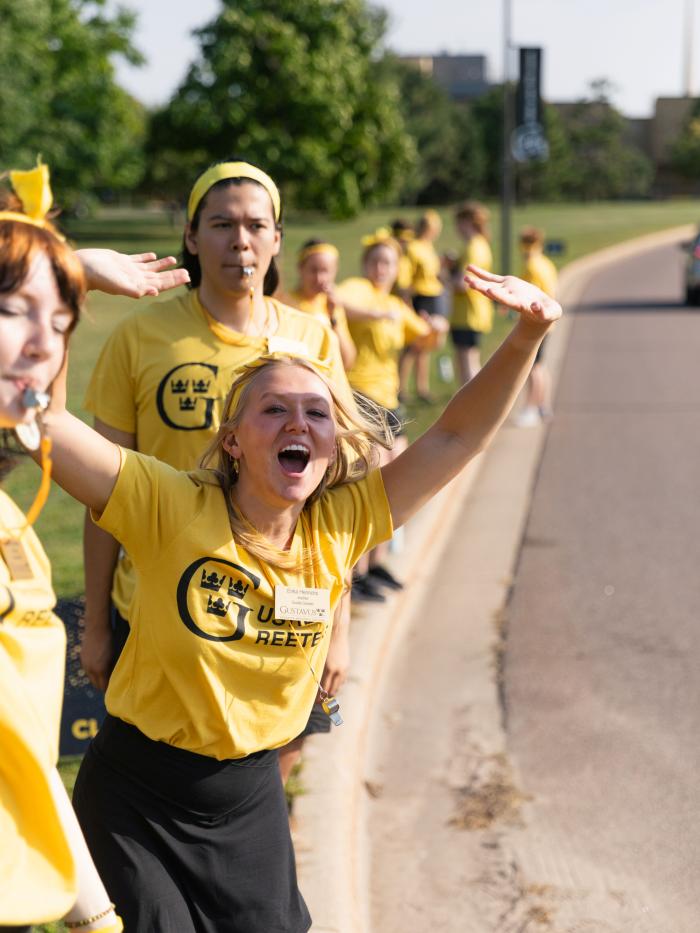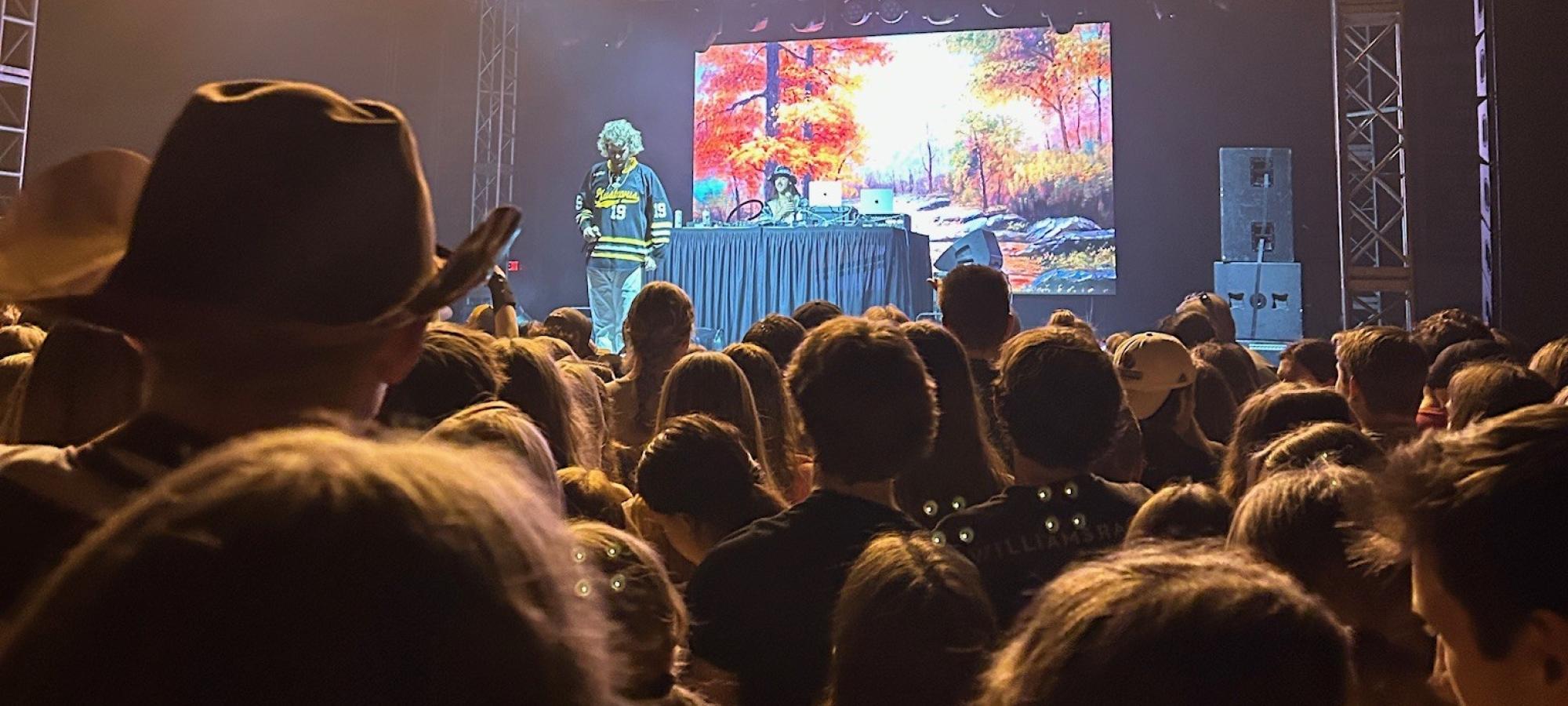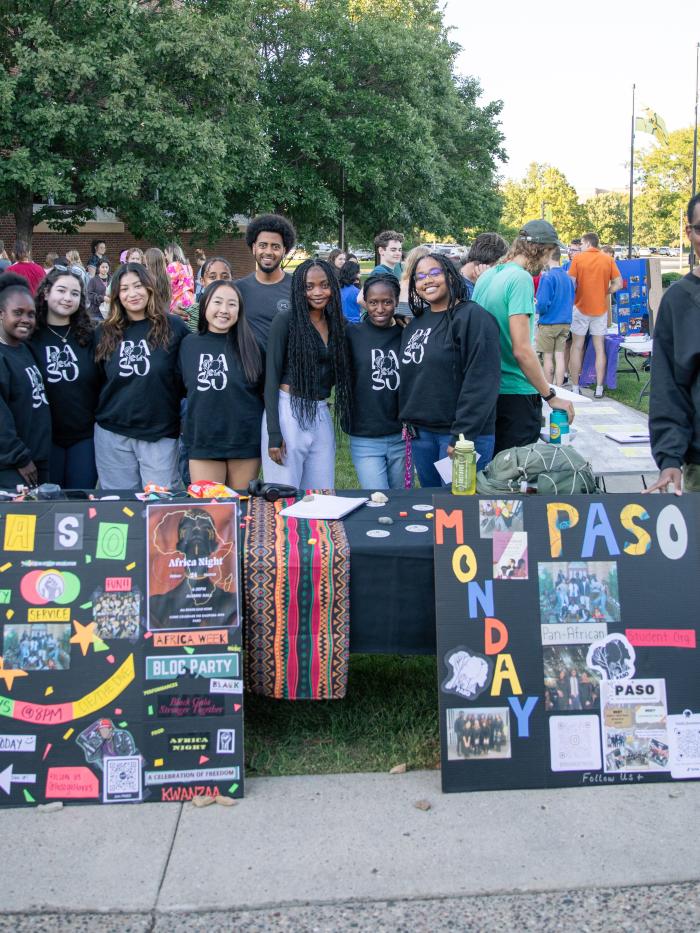
Student Organizations
Student organizations at Gustavus provide the campus community with activities, programs and resources that enhance the quality of student life. Organizations allow students to explore leadership opportunities, connect with one another, and pursue passions and interests. Currently more than one-hundred organizations exist.
Campus Activities Board (CAB)
CAB plans a variety of programs and activities, being sure to satisfy the entertainment needs of the student body. With student input, we hope to provide the community with a vast array of entertainment opportunities.
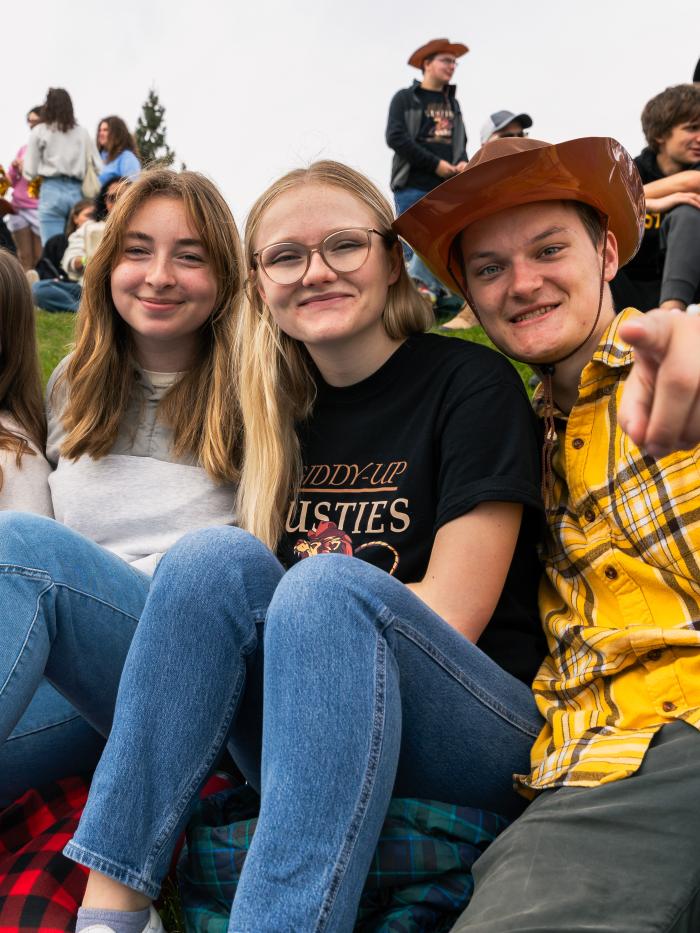
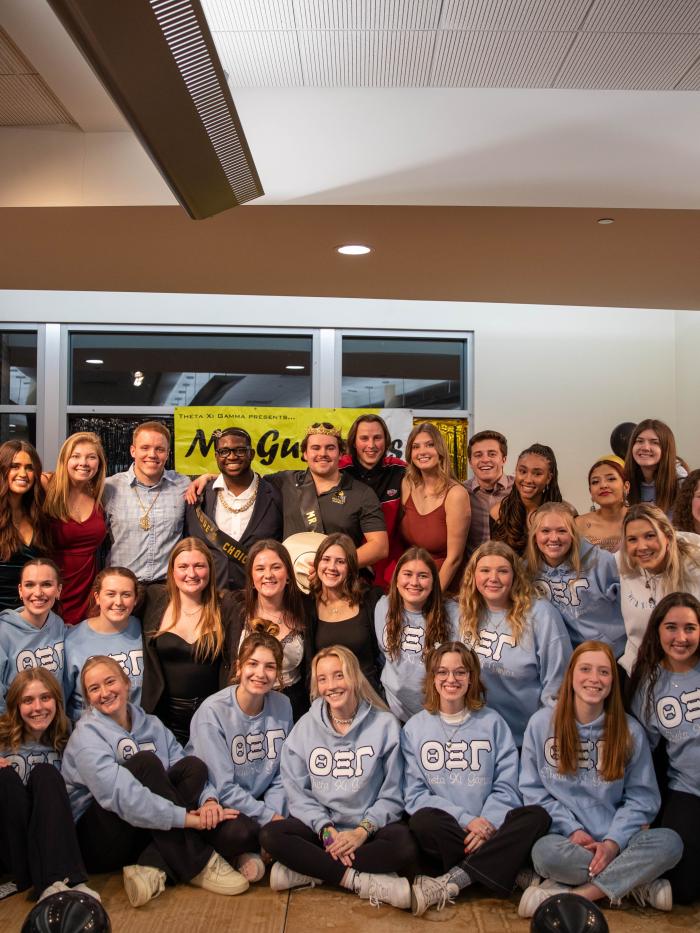
Greek Life
The Gustavus Greek community embodies numerous local and nationally-based organizations, all with a dedication to service, campus involvement, and the growth and development of individual chapter members. Existing on campus for more than one-hundred years, Greek organizations serve as a way to develop leadership skills, grow a social and professional network, and build lifelong relationships. The Inter-Greek Council acts as the primary governing body and a source of unity and structure for the community and is represented by Greek leaders throughout several chapters.
Gustavus Recreation Program
The Recreation Program is intended to provide a variety of recreation opportunities for Gustavus students. While not limited to outdoor activities, Gustavus and the surrounding areas have a plethora of hiking, biking, boating and other outdoor opportunities. We encourage you to get out and about and to be active and involved outside of the academic environment.
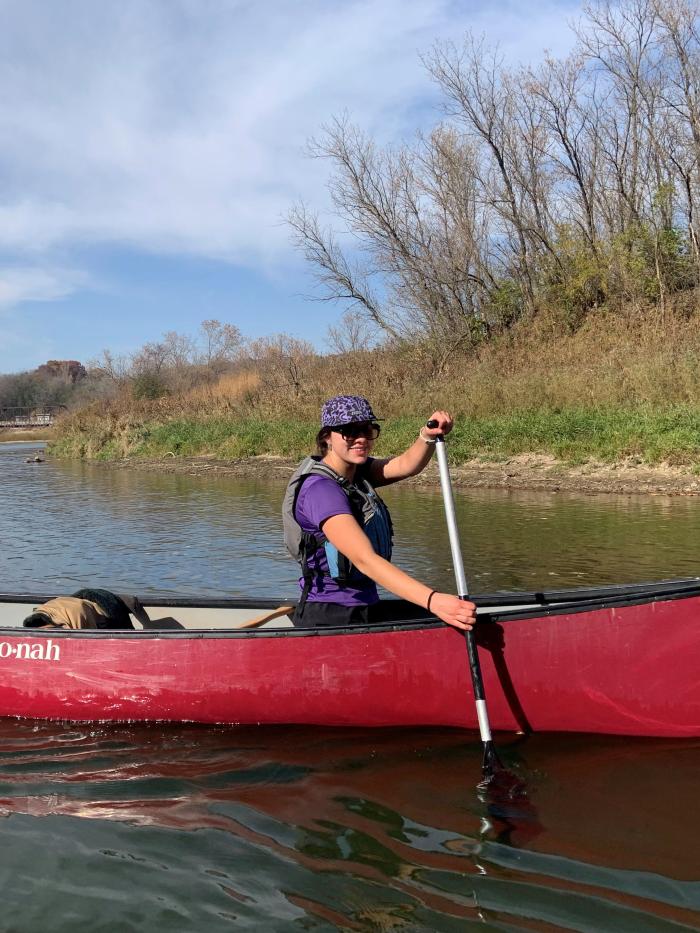

Community Engagement and Service
The Community Engagement Center provides a variety of services to the St. Peter community and surrounding area. Each year over 40 student program coordinators lead these outreach programs that engage over 400 student volunteers. The programs were established in collaboration with the St. Peter and surrounding communities and work directly with community partners or organizations to meet their identified needs.
Gustie Greeters
Gustie Greeters are a group of upperclass student leaders who plan, organize, and lead incoming students through New Student Orientation. Each Gustie Greeter leads activities, discussions, and events during the four day Orientation program, and throughout the entire year. Gustie Greeters are resources, friends, mentors, and leaders on campus for incoming students. The Orientation program is designed to offer incoming students an easier transition to their new life at Gustavus. Gustie Greeters answer questions, provide support, organize activities to meet other new students, and generally help incoming students through the "bumps" college life can present.
